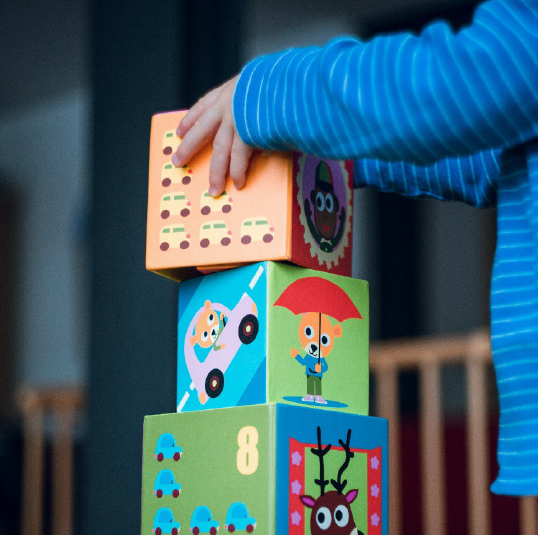Abstract
Spatial skills are integral to our daily lives, helping us perform tasks like putting shoes on the correct feet, giving directions, visualizing how to pack a box, and imagining environments from different perspectives. From an educational standpoint, these skills are especially critical in science, technology, engineering, and mathematics (STEM) disciplines, where they have even been referred to as “gatekeepers” to STEM success (Uttal et al., 2013). Notably, spatial skills are particularly important for novices, making their development during early childhood crucial, especially for young learners who may struggle with spatial learning.
In this talk, I will first explore the established connections between spatial skills and STEM based on existing literature. Building on this foundation, I will propose new directions for advancing research on spatial skills training. Finally, I will address how we can engage key stakeholders, such as educators, by delving into their needs for successfully integrating spatial skills into the classroom to enhance STEM learning throughout children’s educational journeys.
Speaker
Wenke Möhring is a Full Professor at the University of Education Schwäbisch Gmünd, Germany, and is associated with the University of Basel as a senior adjunct researcher. She holds a PhD in developmental and cognitive psychology from the University of Zurich, Switzerland, and during her PhD, she was a member of the International Max Planck Research School LIFE. She gathered postdoctoral experiences at Temple University in the U.S., at the University of Fribourg and Basel in Switzerland. In 2021, she was awarded the Venia Docendi (Habilitation) at the University of Basel. Her main research interests include understanding individual and contextual factors that influence
children’s and adolescents’ cognitive development as well as studying the underlying mechanisms such as motor and action-based mechanisms. She is particularly interested in spatial and mathematical cognition, as well as executive functioning. Currently, she serves on a number of editorial boards such as Cognitive Development and reviews regularly for a large number of top-tier journals.
